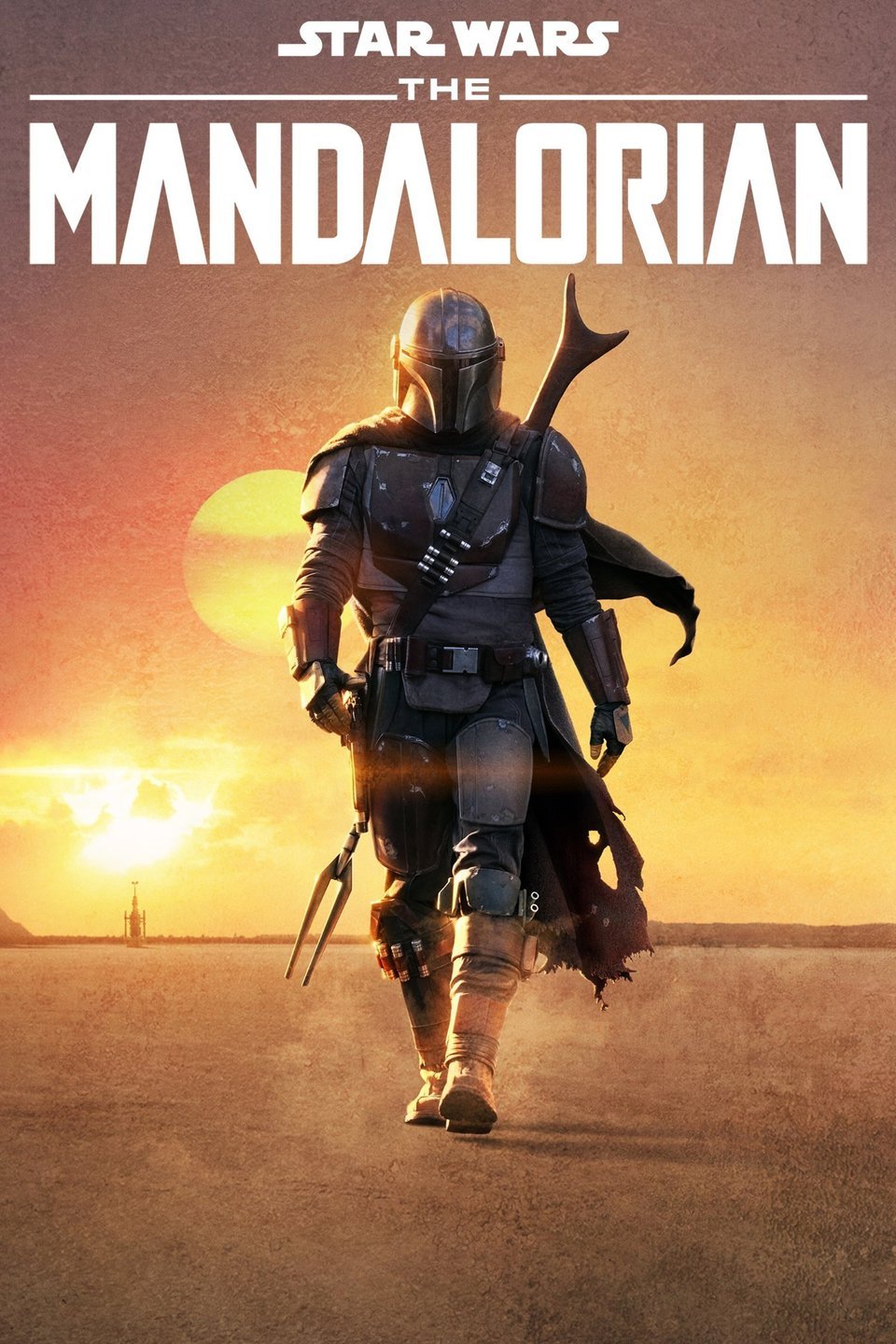
So, space opera is sometimes not much more than westerns in space. That's The Mandalorian for you. This isn't necessarily a criticism. While the series has a couple of heavy-handed "You're watching TV" moments, the western themes are mostly deployed intelligently and don't crowd character development. The exceptions? A gratuitous learn how to ride a horse-like creature sequence and an interminable standoff, with Imperial soldiers doing a lot of standing around on a street outside an Old West looking storefront and the Mandalorian's cohort doing a lot of hand wringing inside.
What's great about The Mandalorian is that it's free of the world breaking or MacGuffin making that J.J. Abrams and company have undertaken with episodes 7-9. No one is weaponizing hyperdrives. Force ghosts of living Jedis aren't psyching out oversize battalions. Yoda isn't burning ancient Jedi texts. No one is searching for artifact A that will allow them to find artifact B which will allow the property in question to hit an ideal running time.
Nope, The Mandalorian is actually interested in exploring themes of duty, loyalty, and friendship. These themes all play into a larger question of identity. And though identity is the central Star Wars theme, the series doesn't fall back on the de facto framing of identity that has come to dominate the movies. To spell this out further, the movies explores identity only in the most superficial of ways. Identity is mostly connected to names. Are you a Palpatine? A Skywalker? A Solo? Are you a Jedi? Are you a Sith? Answer that question and you've got all you need to know.
But the title character in The Mandalorian, who we never get a name for, is an adopted Mandalorian. The show explores his own adoption of the Mandalorian religion: "This is the way," he regularly says. But in so saying, he gradually works at what that way really is and what it isn't.